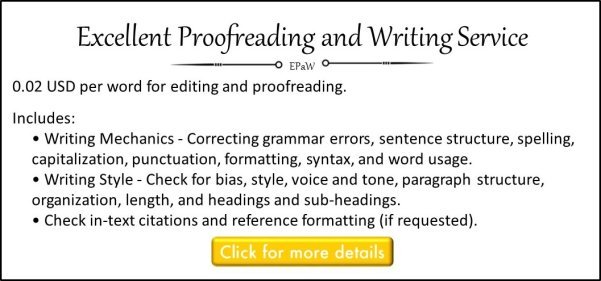Improving Vocabulary
After a while, the only way to get better as an ESL learner is by improving vocabulary that you use.
You’ve learned all the grammar rules, written about your home and family many times, and asked the way to the train station with everyone in your class.
You’ve done everything that your vocabulary lets you. The only way left for you to become better at English is to learn more words so you can interact with people in a wider range of situations.
Improving vocabulary is what you need to do.

English in Everyday Situations

You need to be able to use English in everyday situations. You need to be able to write a good academic essay or ESL essay, write a business letter or document, email someone with a question or many more situations that aren’t covered in most ESL text books.
To be able to use English in these real world situations you’ll need a larger and larger vocabulary; one where you won’t be able to learn all the worlds from text books.

Real English Writing
To do this you need to read authentic English writing. That is writing written for native speakers to read. This way you'll see how natural English is used. You need to read English language books; both fiction and non-fiction, as there are two different styles of English used in fiction and non-fiction writing. Improving vocabulary needs to be an ongoing steady exercise.
It is much better to learn vocabulary naturally, by doing ESL reading and writing, than it is to just learn lists of words.

Drawbacks of Vocabulary Lists
Many English words mean almost the same thing. There are just very small differences between the meanings. Often you'll only really be able to understand these differences by seeing the words used in writing and not on a vocabulary list.
When you’re first learning English, vocabulary lists can be useful. You need to learn enough words to be able to form complete sentences and talk about a specific topic. But there are only so many general topics with groups of words associated with them that are suited to vocabulary lists.
You should try to learn enough prepositions, pronouns and conjunctions as well as understanding the use of determiners, as these are the words that join all the nouns, verbs, adjectives and adverbs together in sentences.
But there are too many nouns, verbs, adjectives and adverbs for you learn them all in an English language classroom. You’ll need to see them used in natural English, remember them and understand how they were used.
To do this you need to read.

Read Books
You don’t have to be an advanced level learner to benefit from reading English books. By reading at any level you can have an improving vocabulary.
As long as you know the basics and choose books that are the correct level for you, anyone can learn by reading. But not just reading, ESL reading and writing.
To truly remember and understand the new words you’ll need to use them. This can be either in spoken or written English, but not all English language learners have someone who they can practice speaking with. However, everyone can just write as a way of practicing their English communication.

Tips for Learning New Words
There are some important points to remember when reading English language books:
- Choose ones that are just right – If the book is too hard you’ll have too much difficulty reading it and not learn as much as you would’ve with a slightly easier book, and if it’s too easy you’ll not learn anything new. You need to be challenged by the book but not too much to gain a steadily improving vocabulary.
- Choose a variety – Read books from different authors, about different topics, with different styles of writing and from different genres. Read fiction and non-fiction. Read romance, horror and comedy books; as well as cookery, scientific and history books, or any other different types you can find. Read books about topics you know and love as well as books about subjects that are new to you.
- Read for enjoyment – Don’t spend the whole time analysing the words and grammar while you read. Enjoy the topic; learn something interesting and you'll also understand the writing styles.
- But remember to pay attention to the new words – Try to learn the meanings of any new words just by reading. Try to infer the meaning, of new words, based on the rest of the sentence; but if you can’t, stop and look up the word. You need to learn new words to have an improving vocabulary.
- When you look up new words write them down on two pieces of paper.
- On the first piece of paper, just write the new word and on the second, the new word and its definition.
- After a while (a day or two) go back and look at the list of words without definitions. Try to write a sentence using each new word correctly.
- Then look at the definition of the words on the other piece of paper and see if you’ve used it correctly in your sentence.
- You can repeat this every few days until you’re confident that you remember and can use the word correctly.
Improving your vocabulary is very important if you want to become an excellent English writer and communicator. It doesn’t have to be boring and tedious. It can be fun if you find the right methods. If you want to try this method go for it; it’s the method I’d recommend but that doesn’t mean it'll defiantly be the right one for you. But just try it and see; it might be.

If you need any help or advice about improving vocabulary that you use or anything else to do with ESL writing or ESL learning come to the Excellent Proofreading and Writing Facebook page and ask me a question. I’m always happy to help people.

Return to ESL Writing from Improving Vocabulary
Return to Excellent Proofreading and Writing Homepage from Improving Vocabulary



By Jolyon Dodgson, copyright © 2011-2020.
Excellent-Proofreading-and-Writing.com - Proofreading and writing help for excellent first impressions.





New! Comments
Have your say about what you just read! Leave me a comment in the box below.